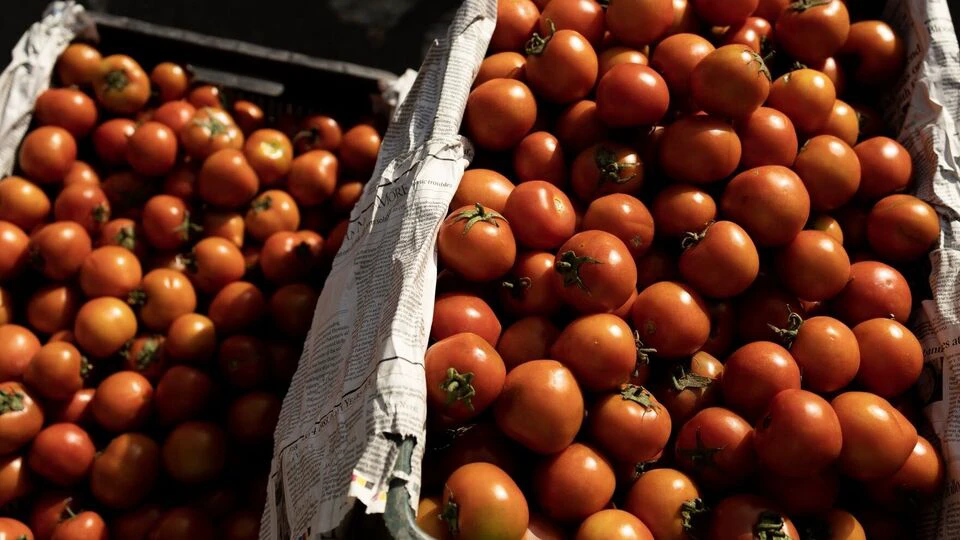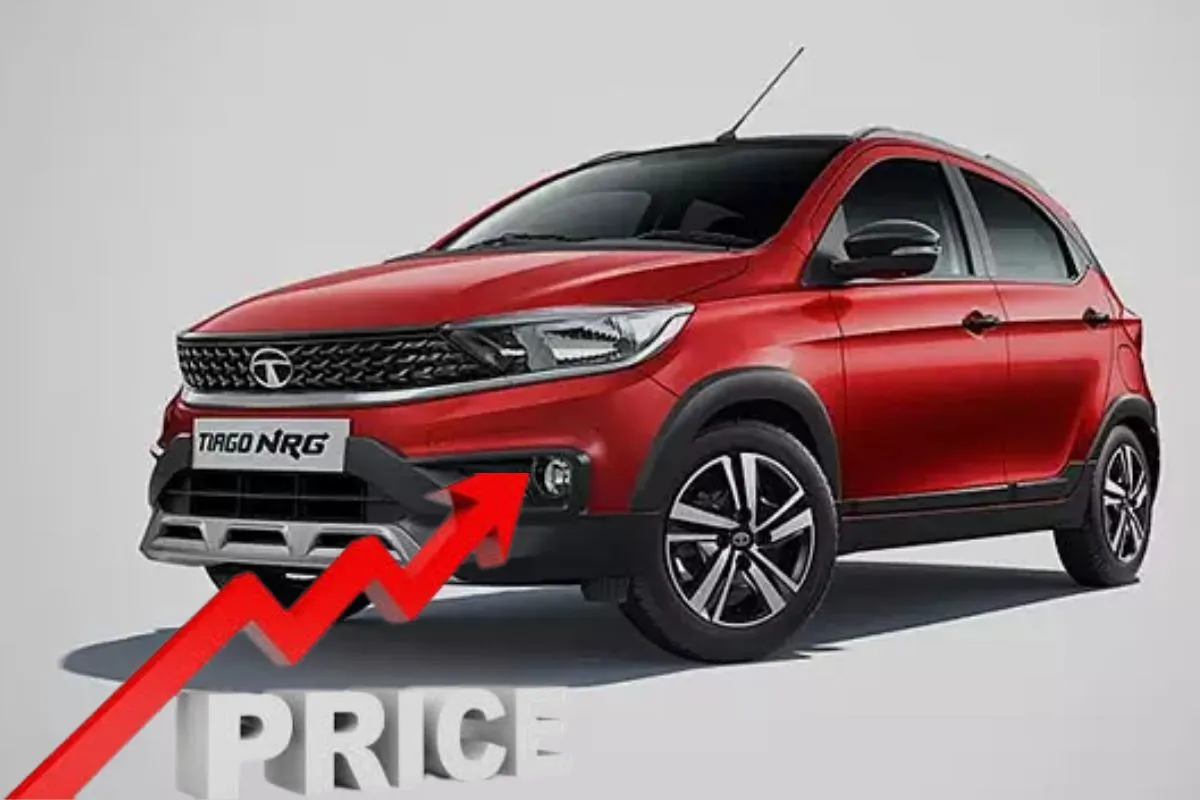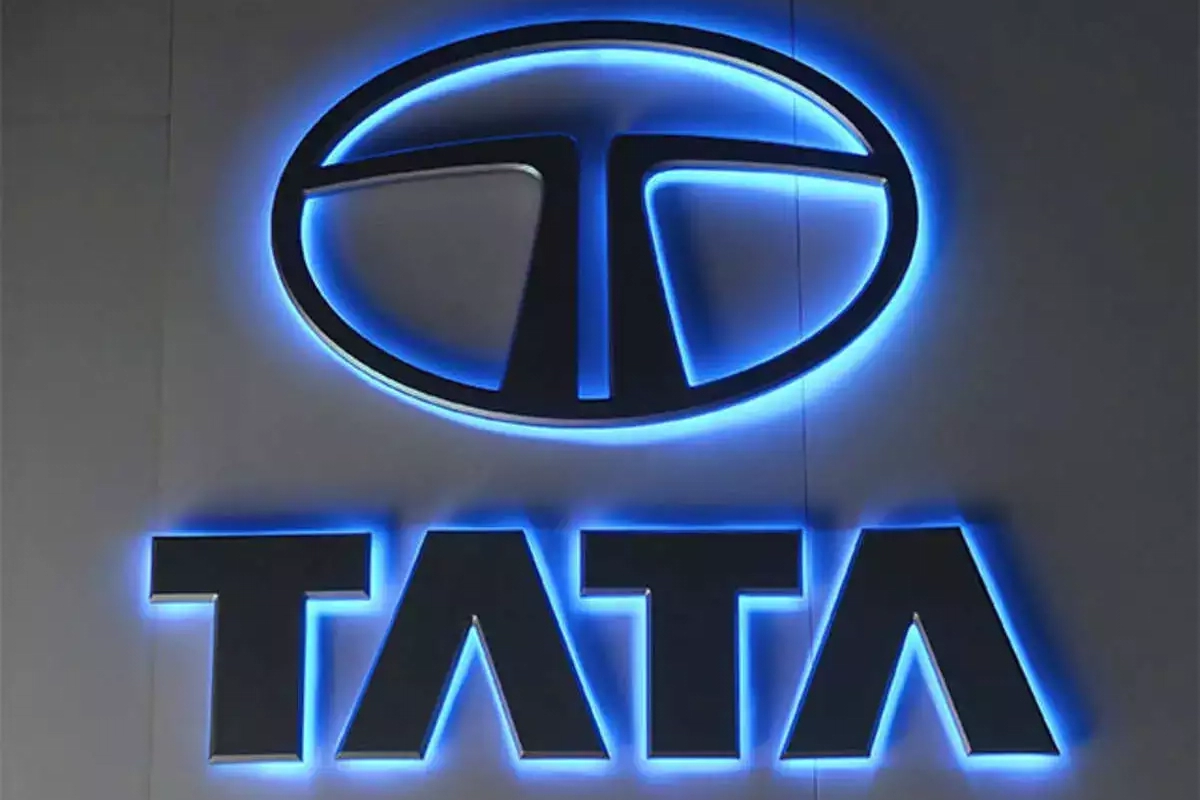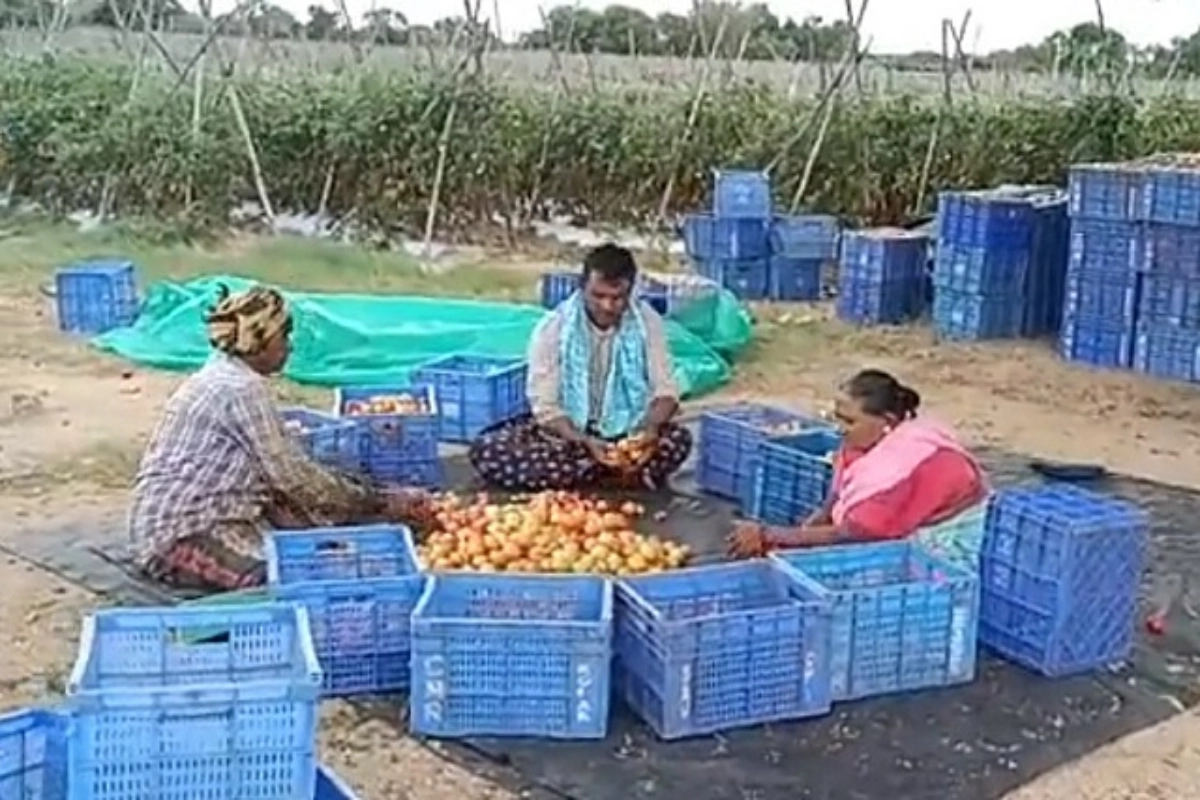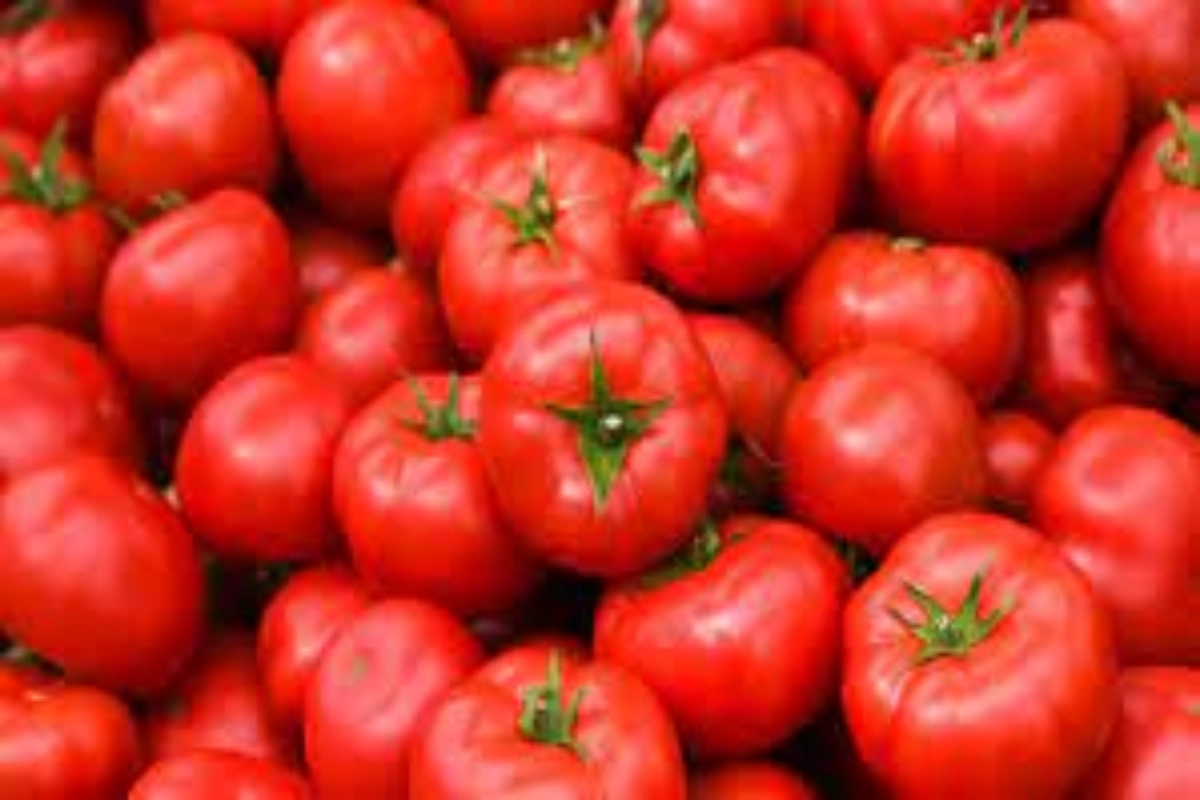According to a report by The Hindu, the price of tomatoes is expected to rise by more than 100 rupees a kilogramme.
The price of tomatoes had risen dramatically to over 80 last week. A 15-kg crate of tomatoes that was sold for 1,100 on Sunday in Kolar’s wholesale APMC market was reported in the English daily. This will eventually have an impact on the city’s retail market.
A farmer reported the increase in tomato prices every day, claiming that this year’s fruit sowing was lower than it was the year before. According to Anji Reddy, farmers in Kolar shifted to sowing beans this year as a result of last year’s skyrocketing bean prices.
However, because of a weak monsoon, crops failed to grow. There would only be 30% as many tomatoes as normal.
The price crash of the crop last month is what has farmers losing interest in growing tomatoes. Tomato prices fell to between 3 and 5 per kg in May. Tractors were run through the crop, forcing many farmers to discard their harvest.
To meet demand due to a shortage of tomatoes in Maharashtra, customers are travelling to West Bengal, Odisha, and even exporting to Bangladesh.
Tomato prices in Delhi’s Azadpur wholesale market almost doubled over the past two days. A tomato vendor informed the Economic Times that they are now reliant on Bengaluru for supply because they are no longer receiving tomatoes from Uttar Pradesh and Haryana owing to a shortage.
Other than potatoes and onions, the cost of other vegetables has increased. Beans cost between $120 and $140 per kilogramme, some varieties of carrots are very close to the $100 threshold, and capsicum prices have surpassed $80 per kilogramme. In addition to vegetables, the cost of eggs has increased by about 7 to 8 kilogrammes.
Price increases are expected to affect hotel menus.
According to the Bruhat Bengaluru Hotels’ Association (BBHA), a price increase on the menu was unavoidable if the price of vegetables increased.
Also Read: TCS onboards 44,000 freshers in FY23, honors all job offers
Keep watching our YouTube Channel ‘DNP INDIA’. Also, please subscribe and follow us on FACEBOOK


